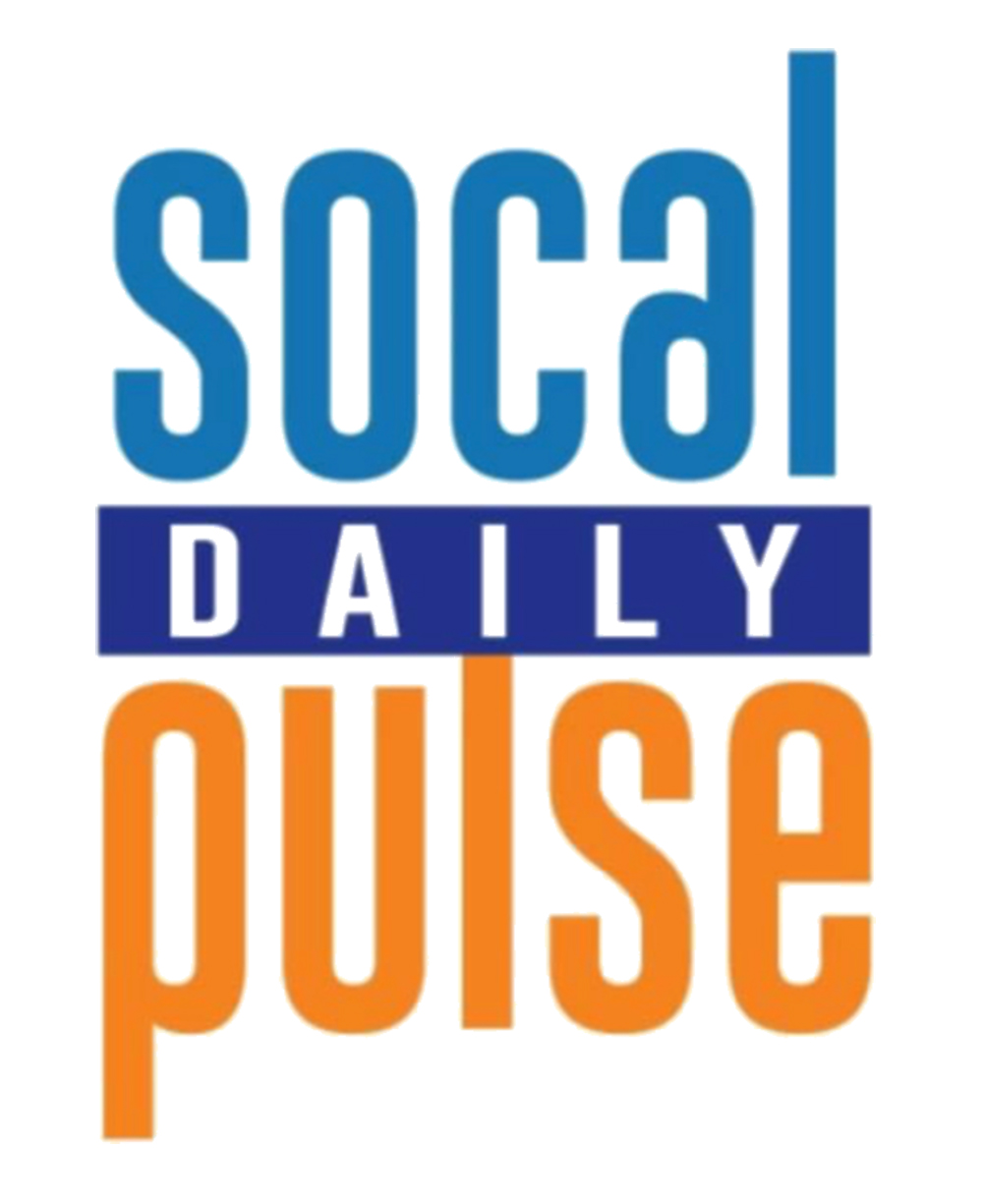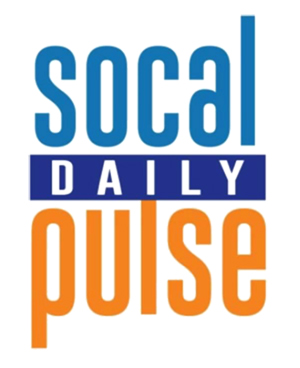As Californians mourn a violent tragedy, Sacramento moves swiftly to hand tech giants sweeping power — and impose enormous fines — under the guise of civil-rights enforcement.
While Americans were reeling from the assassination of conservative activist Charlie Kirk, California lawmakers quietly advanced Senate Bill 771, a sweeping measure critics warn could usher in state-mandated censorship online.
The bill, passed by the Assembly on Sept. 10 and cleared by the Senate on Sept. 16, now awaits Governor Gavin Newsom’s signature. Its full title, Personal Rights: Liability: Social Media Platforms, masks what free-speech advocates call one of the most aggressive speech-policing measures in the country.
According to the text of the bill, platforms that generate more than $100 million in annual revenue can face crippling penalties if their algorithms “aid, abet, conspire, or act in concert” in ways that violate state civil-rights laws.
Reckless violations can result in fines of up to $500,000 per instance. Intentional, knowing, or willful violations could result in fines up to $1 million. If the harmed party is a minor, courts may double those penalties.
Critics of the bill say its vague terms—“reckless” or “aids and abets”—will force platforms to over-censor lawful speech rather than risk multimillion-dollar liability.
“By exposing platforms to vague and costly lawsuits, this bill would force services to become overly cautious and err on the side of censorship — removing far more speech than necessary and restricting legitimate conversations, all to avoid unfounded litigation,” the Computer & Communications Industry Association (CCIA) said in a statement.
The Council on American-Islamic Relations, California (CAIR-CA) — typically aligned with progressive causes — has also warned that SB 771 “opens the door for bad actors to disproportionately pressure online corporations to silence free speech to reduce their financial liability.
The measure may conflict with Section 230, a federal law that shields platforms from liability for third-party content. Cases such as NetChoice v. Bonta already show courts grappling with California’s attempts to regulate algorithms.
In a statement, the social media platform Parler called the proposal a “blatant assault on free speech” and urged Newsom to veto the measure.
















Add Comment